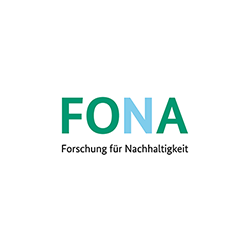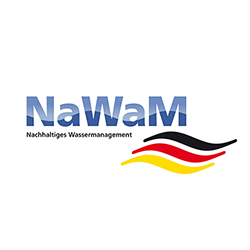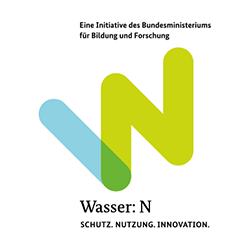Upgrading wastewater ponds to generate irrigation water, using the Cuvelai-Etosha basin in Namibia as an example
Background:
The project team of scientists and practitioners is pursuing an integrated system solution and is analysing different pre-treatment and post-treatment technologies for pond systems as well as irrigation and plant cultivation methods at a wastewater pond in Outapi in northern Namibia. An existing plant will be upgraded with anaerobic and mechanical pre-treatment as well as an effluent filter in order to be able to reuse the resource water and its constituents to a large extent and to reduce greenhouse gas emissions from wastewater treatment. Development is in line with the UN Sustainable Development Goals (SDGs) for the sustainable reuse of water resources.
Aims:
The aim of the project is to develop and demonstrate a methodology for the exemplary rehabilitation, extension and upgrade of a wastewater pond system by combining it with upstream and downstream technical measures to create a production plant for irrigation water. The year-round production of forage crops for livestock farming is of great economic and socio-cultural importance for the project region. In addition, adequate water treatment and water reuse can reduce contamination from flooding events, reduce health risks to the population and reduce methane emissions. The aim is to ensure the sustainable operation of wastewater treatment and irrigation through training and further education as well as the establishment of management structures. In addition, the German economy and local operators in other cities in Namibia as well as worldwide are supporting the further exploitation of results.
Focus of the work:
- Technical solutions
- Governance and management structures
- Irrigated agriculture
- Overall economic analysis
- Social-ecological impact assessment and transfer
12/2019: Results and perspectives for practice



